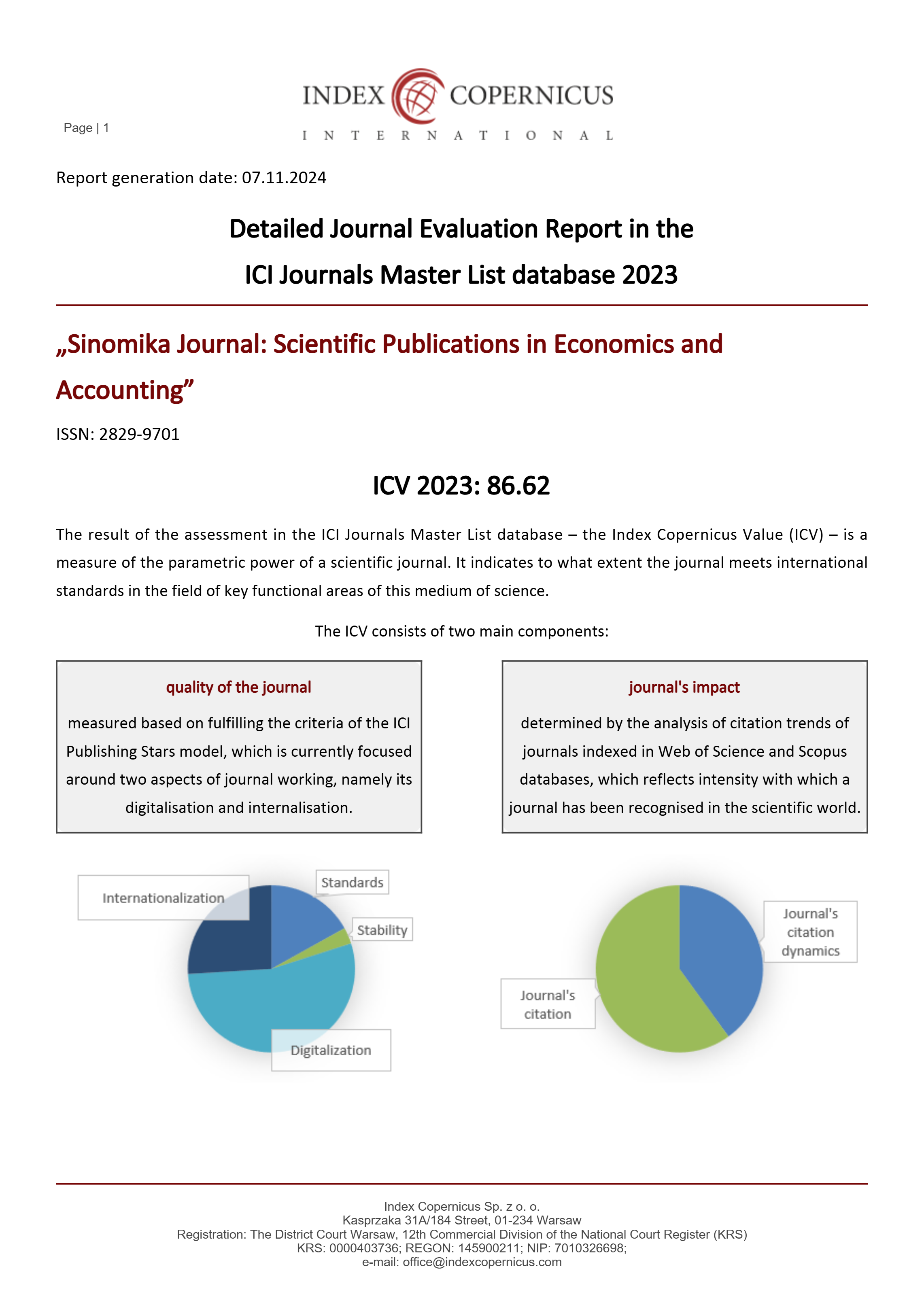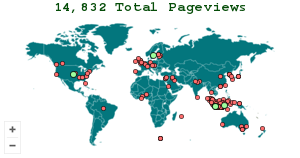Impact of Fiscal Policy Adjustment Based on Islamic Economics on Infrastructure Development in Muslim Countries
DOI:
https://doi.org/10.54443/sinomika.v3i6.2476Keywords:
Islamic fiscal policy, sukuk, zakat, infrastructure developmentAbstract
This article examines the impact of fiscal policy adjustments based on Islamic economics on infrastructure development in Muslim-majority countries. Islamic economics emphasizes justice, equity, and the ethical management of resources, offering alternative solutions to conventional financing for infrastructure projects. The study focuses on the role of Islamic financial instruments, particularly sukuk (Islamic bonds) and zakat (almsgiving), in funding infrastructure development in a Sharia-compliant manner. Through case studies from Malaysia, Saudi Arabia, and Indonesia, the article shows how sukuk has been successfully utilized to finance large infrastructure projects, including transportation, energy, and urban development, while avoiding interest-based debt. Additionally, zakat is explored as a potential source for funding social infrastructure projects, though challenges in fund management and coordination are noted. The findings suggest that Islamic fiscal policies can offer effective solutions for promoting sustainable, equitable, and inclusive infrastructure development. By aligning fiscal policy with Islamic principles, Muslim-majority countries can address infrastructure gaps and foster long-term economic and social welfare.
Downloads
References
Ahmad, S. (2020). Islamic banking and its role in financing infrastructure projects in the Middle East. Islamic Finance Journal, 14(2), 135-150.
Akhtar, H. (2014). Financing large-scale projects with sukuk: Lessons from Malaysia and Saudi Arabia. Journal of Islamic Finance and Economics, 8(3), 91-104.
Ali, A., & Hussain, M. (2019). The role of Islamic fiscal policy in poverty alleviation and infrastructure development in the Middle East. Journal of Middle Eastern Economics, 18(4), 340-365.
Ali, S. S. (2019). Islamic finance: Principles and practice. Journal of Finance and Economics, 14(3), 122-130.
Amalia, F., & Zubair, M. (2015). Islamic fiscal policies and their impact on public sector infrastructure investment in Indonesia. Asian Economic Policy Review, 10(2), 152-171. https://doi.org/10.1111/aepr.12032
Ariff, M. (2017). The Sukuk market in Malaysia and Saudi Arabia: A comparison of Islamic finance in two leading nations. Journal of Islamic Economics, 24(3), 215-228. https://doi.org/10.2139/jie.2017.134
Bashir, M. (2014). The role of Islamic finance in infrastructure development: The case of the Gulf States. Islamic Economic Studies, 22(1), 1-24.
Bashir, M. (2018). The role of zakat in poverty alleviation and social development. Journal of Islamic Social Sciences, 41(2), 127-145. https://doi.org/10.1080/jiss.2018.23456
Chapra, M. U. (2016). Islamic economics: A short history of its development. The Islamic Foundation.
Darrat, A. F., & Al-Khatib, M. (2014). Islamic finance and development: Challenges in funding large-scale infrastructure projects. International Journal of Development Economics, 8(1), 41-57.
Farooq, M., & Muhammad, R. (2017). Islamic finance and its impact on infrastructure in emerging economies. Journal of Economic Development, 29(1), 67-83.
Haroon, R., & Mohd, I. (2019). Islamic finance and sustainable infrastructure: A case study of Malaysia’s sukuk market. Sustainable Development Economics, 19(4), 234-248.
Hasan, Z. (2013). Islamic finance and development: A critical review. International Journal of Islamic Economics and Finance, 6(1), 1-20. https://doi.org/10.2139/ijief.2013.123
Iqbal, M., & Mirakhor, A. (2011). An introduction to Islamic finance: Theory and practice. Wiley.
Khan, M. A., & Mirza, M. (2016). The Islamic alternative to conventional financial systems and their potential in infrastructure development. Global Finance Journal, 15(4), 223-245.
Madi, R. (2018). Financing infrastructure development through Islamic financial instruments: The role of sukuk in GCC countries. Middle East Finance Journal, 21(2), 58-74.
Mollah, M. (2017). Role of Islamic finance in socio-economic development: Opportunities and challenges. International Journal of Islamic Economics and Finance, 12(2), 203-220.
Mustapha, A. A., & Talib, A. (2021). Assessing the effectiveness of Islamic finance in promoting infrastructure development in Saudi Arabia. Global Islamic Finance Review, 9(3), 102-114.
Rahman, A., & Rafique, M. (2017). Islamic fiscal policies and their potential in improving social infrastructure in Pakistan. Islamic Economic Studies, 23(1), 14-29.
Sadiq, S., & Younis, A. (2015). Infrastructure financing in Islamic economics: A review of financial instruments. International Journal of Islamic Finance Studies, 8(2), 56-78.
Salman, A. (2020). Islamic finance and its role in infrastructure development in the Asia-Pacific region. Asia-Pacific Economic Review, 5(2), 109-126.
Siddiqui, S. (2018). Zakat and sustainable development: Potential for financing social infrastructure. International Journal of Islamic Social Finance, 5(3), 145-159.
Sufian, F., & Nair, M. (2020). The role of Islamic finance in financing infrastructure projects in Malaysia: A case study. Review of Economics and Finance, 16(2), 56-68.
Uddin, M. N., & Rashid, A. (2020). Role of Islamic finance in supporting green infrastructure projects. Global Journal of Environmental Economics, 18(3), 213-227.
Zain, H., & Osman, M. (2021). The impact of Islamic fiscal policy on infrastructure and social welfare in the GCC region. Journal of Middle Eastern Economics, 10(2), 78-92.
Zubair, M. (2016). Zakat as a tool for financing social infrastructure in Muslim-majority countries. Journal of Islamic Social Welfare, 23(1), 102-118.
Zubair, M., & Zain, A. (2020). Financing sustainable development in the GCC: The role of Islamic finance and sukuk. Islamic Finance Review, 8(4), 111-130.
Downloads
Published
How to Cite
Issue
Section
License
Copyright (c) 2025 Iyad Abdallah Al-Shreifeen, S. M. Nazmul Husain, Triana Apriani

This work is licensed under a Creative Commons Attribution 4.0 International License.

























